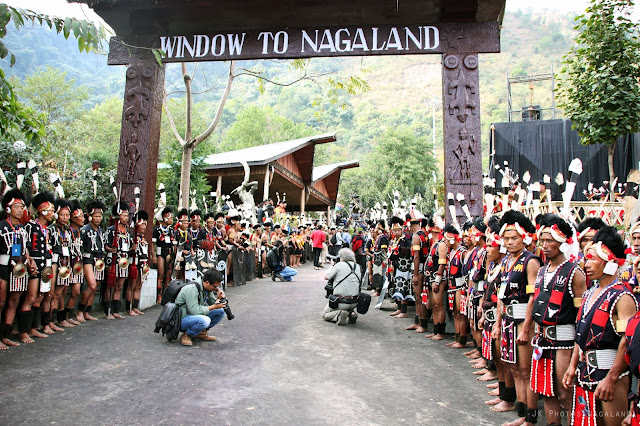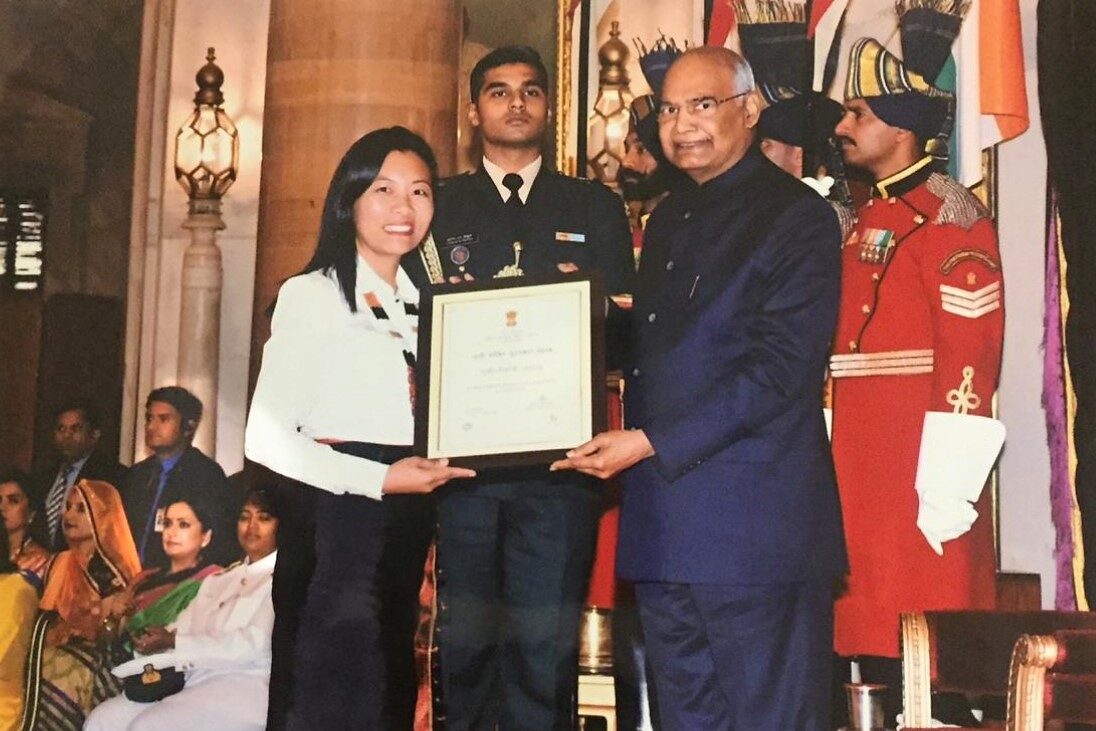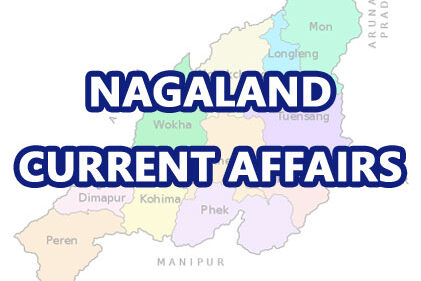Brief facts on Hornbill Festival Nagaland
Nagaland is a hilly state in the North East of India and is home to several ethnic Naga tribes, and each tribe has their own unique and indigenous festivals. Each tribe have their own distinct dialects, culture, food-habits, costumes and festivals.
Nagaland is known as the ‘Land of Festivals‘ and rightly so, since as there is a festival going on for one tribe or the other all throughout the year. The occupation of the Nagas is mainly agricultural. The festivals of Naga tribes are mostly based on their simple agricultural ways of life, thanksgiving for the blessings of nature and merry-making.
See here if you are interested to learn more about the various festivals of Nagaland.
Brief facts on Hornbill Festival Nagaland
What is Hornbill Festival?
- The Hornbill Festival is an annual festival celebrated in the Northeastern Indian state of Nagaland.
- The festival is named after a bird – the Indian hornbill, which is a celebrated bird among the Nagas and linked to folklores from various tribes. The depiction of Hornbill bird can be seen in art, clothing and wooden crafts. The feather of the hornbill bird is also worn by Nagas in their head gears.
- The Hornbill Festival is however not a festival related to any particular Naga tribe. It is a festival introduced by the State Government for promotion of tourism.
- The Hornbill Festival is an opportunity for visitors to experience the culture of various tribes of Nagaland under one roof – an opportunity to experience the food, songs, dances and customs of Nagaland in a single settings.
When did the Hornbill Festival started first?
- Hornbill Festival first started in the year 2000.
- As stated above, the HornBill Festival is an event cnceptualized and organized by the Government of Nagaland.
When and long is the Hornbill Festival for?
- The Hornbill Festival is held for 10 days, from 1-10 December every year.
- The festival starts coinciding the Nagaland statehood day, which is on 1 December.
Where is Hornbill Festival held in Nagaland?
- The main venue of the Hornbill Festival is the Naga Heritage Village at Kisama which is about 12 Km from Kohima, the capital of Nagaland.
- Over the years, the Hornbill Festival has also diversified and now the festival includes various events, spread across multiple venues. But mostly the events are held in and around Kohima. Some events are also held in Dimapur.
- Naga Heritage Village is a special venue created for the purpose of the Hornbill Festival. “Morungs” (traditional huts) have been built at the Naga Heritage Village for each tribe, from where each tribe carries out their activities during the Hornbill Festival. Visitors can also witness the architectural styles of various Naga tribes.

The Hornbill Festival is dubbed as the “Festival of Festivals” as this event provides a unique platform for visitors to witness all the Naga cultural diversity converged at one venue. During Hornbill Festival, cultural troupes from other North Eastern states are also invited as a means of cultural exchange.

What will you get to see at the Hornbill Festival?
- The Hornbill Festival primarily showcases the Naga culture and way of life. So you will get to see the Naga Morungs , folk dances, folk songs, demonstrations of traditional practices, indigenous games, art and crafts, World War II Museum, etc.
- You will also get to experience Naga food which varies from tribe to tribe.
- Other events and interests includes: Fashion shows, Beauty Contest, Naga wrestling, Indigenous Games, World War II Peace Rally, Hornbill International Rock concert*, and more.
*Hornbill International Rock Contest started in 2006 and the last was held in 2018. Hornbill International Rock Contest was discontinued from the year 2019.
- During the festival, Kids Carnival and Night Carnivals are organized in several places around Kohima and Dimapur where people can enjoy street food, outing with kids, and shopping.
- 10 days cultural performances by different Naga tribes at the Naga Heritage Village, Kisama
- Handlooms & Handicrafts
- Flora and vegetation
- Indigenous games and sports
- Local cuisine / food festival
- Village walks/ treks
- Cultural exchange
- Arts & crafts
- Exhibition cum sale of tourism products
- World War II Rally
- International Loin Loom
- Sport events-International Hornbill Naga Wrestling
- Open contests- Naga King Chilly & Pineapple Eating Competitions
- Hornbill Music Festival – Handshake concerts/ Rock contests/
- Adventure Outdoor activities- Mountain biking/ Dzukou Valley Day Hikes
- Bamboo Carnival/ Night Carnival etc.
Websites for references:



Leave a Comment (FB)